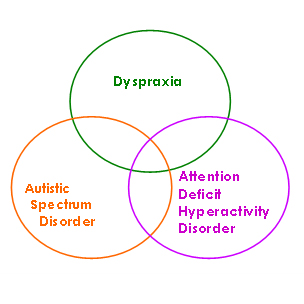The Boy Who Was Raised as a Dog by Dr. Bruce Perry and Maia Szalavitz
by Dr. Bruce Perry and Maia Szalavitz
I begin with The Boy Who Was Raised as a Dog by Dr. Bruce Perry and Maia Szalavitz (2008), with this being both one of my more recent reads and certainly, I consider, one of the best!
The book is essentially a series of case studies that have informed Dr. Perry’s knowledge of the effect of trauma on the developing brain and subsequently led to practise development within the field of childhood trauma.
Although the cases are by their very nature harrowing to read – these are real children having faced and survived real trauma – this book is the most inspiring I have read.
This is due to the overriding evidence from the cases that the right input, at the right time, enables the brain to make changes. Sadly, the flip side is that there are critical times for brain development outside of which change is very hard to achieve as powerfully shown in Chapter 5, ‘The Coldest Heart’.
The cases range from children who have experienced sexual abuse, to those surviving the Waco cult, through to those neglected through ignorance.
The boy whose experience gives the title to the book teaches us that neglect although always harmful is not always intentional. It also shows that any nurturing social contact, in this case, with dogs, spares the brain from the most acute damage. The young boys recovery was most remarkable. Dr. Perry’s response on receiving a ‘thank you’ note from the lad, “I wept”, was matched by my own tears (subtly shed in a public library!).
As a Therapist and as a mother of a child who experienced early neglect the cases within provide both hope and guidance. In my work as an OT, I have been able to use rhythm with a boy whose degree of dyspraxia has prevented his brain from appreciating rhythm – this is now having an positive effect on the rhythmic quality of his writing.
This book has also enabled my fuller understanding of dissociation as being both an adaptive and maladaptive strategy. I now consciously facilitate adaptive association, allowing my son that ‘chill out’ time of TV or DS after a busy day while ensuring that he is then encouraged to ‘re-enter’ the world. This fits with my understanding gained through courses with Eadaoin Bhreathnach (Sensory Attachment Intervention) of using food and drinks to adaptively dissociate – achieved through spicy crisps and smooth wine one evening to recover from the clash of much needed hair appointment with a piece of wood needing to be removed from my son’s ear by a Doctor!
I had the great privilege of hearing Dr. Perry speak at the Adoption UK Conference in November 2014 and had a magical moment of passing him on the stairs. In my awe, I just about spluttered out an appreciation of his work; it seemed so understated.


